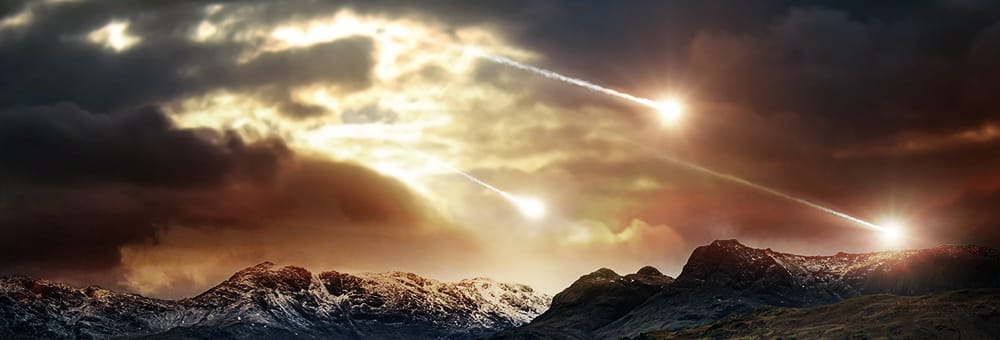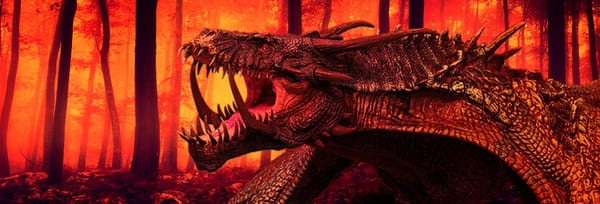Location, location, location

When I'm writing about locations I do my best to give an authentic flavour of a place. The setting can provide plenty of detail for the story. The trades that prospered, the architecture, food, weather, and more. As this blog develops, I'll probably re-visit (no pun intended) the topic of locations, as so much of the fictional story can be drawn from the facts of a place.
I often write stories featuring conflict and war. In this post I want to highlight what I look for in the history of a location, and the cyclical rise, fall, and resurrection resulting from the sudden arrival of a disaster.
It wasn't like this in my day
The first thing I'll look at, is how a place has fared over several hundred years of history. Sometimes a prized piece of historical real estate will have been invaded, ransacked, or just outright burned to the ground more than once. As a result, there will be a trail of various human footprints that can influence a story. Who were the attackers? Did they settle in the aftermath or did they keep marching onward in an unstoppable rampage?
There will either be survivors or other communities who have moved in to refurbish the accommodation, and they will usually have arrived with different roots and belief systems.
Gods were allocated cities by the inhabitants, although those same people may well have credited the chosen god with the victory.
So what I discover in this area of the research can help me build characters that co-exist within a cultural and religious melting pot. This allows me to be confident about depicting various groups or individuals who might add conflict to the background of a story. They might be part of an ancient religious cult, survivors of enslavement, or the descendants and close associates of those in power.
These relationships exist everywhere you look, so the history of a place is a good way to start with some ground rules for your setting.
Who let them in?
This is the other side of the same coin. There are few places remaining on the planet that haven't been exposed to 'civilisation', but go back just a few hundred years and the story was quite different.
Conquest as it was often described, had major implications for the land of the invaded, not least of which was disease. The expansion of global sea travel became a great enabler for tiny bacteria to find new unprotected hosts and wreak more havoc and destruction than cannon or sword.
The invaders would also arrive with a religious rules based system that was generally intolerant of different views on morality, community, and death. Conversion was a must and the invader would normally begin to consolidate the local resources and means of wealth to reflect the glory and magnificence of their creator.
Again this creates opportunity for characters who either resist or adapt to the new regime. There will be oppressors and oppressed, but it's not always so clear cut. Perhaps there is a character who seeks to make a bridge between the worlds for the benefit of all, or another who seeks to exploit the situation for personal advancement. These archetypes can appear in any story, but the location you place them in can really help to inform their motivations.
Natural born killers
If the invading neighbours or ambitious colonists fail to show, then everything's fine isn't it? Well ...not necessarily. It's always worth checking out if an area is susceptible to weather extremes, earthquakes, volcanoes or any other form of rapid change in the living conditions.
It might be that your setting of your story is Pompeii on the day of 24th August, 79 CE, in which case you have plenty of research material to wade through, but even if it isn't, you can add a good slice of drama if an area is known to suffer from natural disasters. Characters in these situations might suddenly reveal themselves as unexpected heroes, or perhaps a key character is taken from the story with the sudden twist of fate.
I like to include real historic events in my stories, even if they take place miles away from the action, I think it's good to reflect on what the impact would have been on the character's lives, and adds an extra authentic layer to their story.

